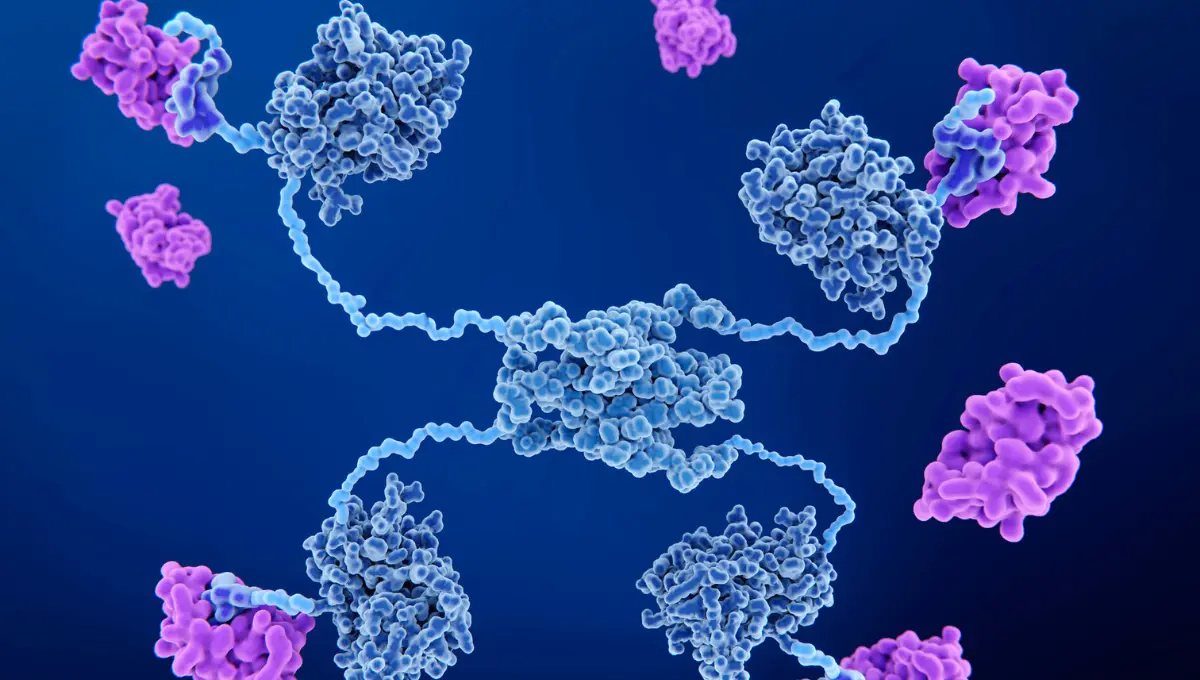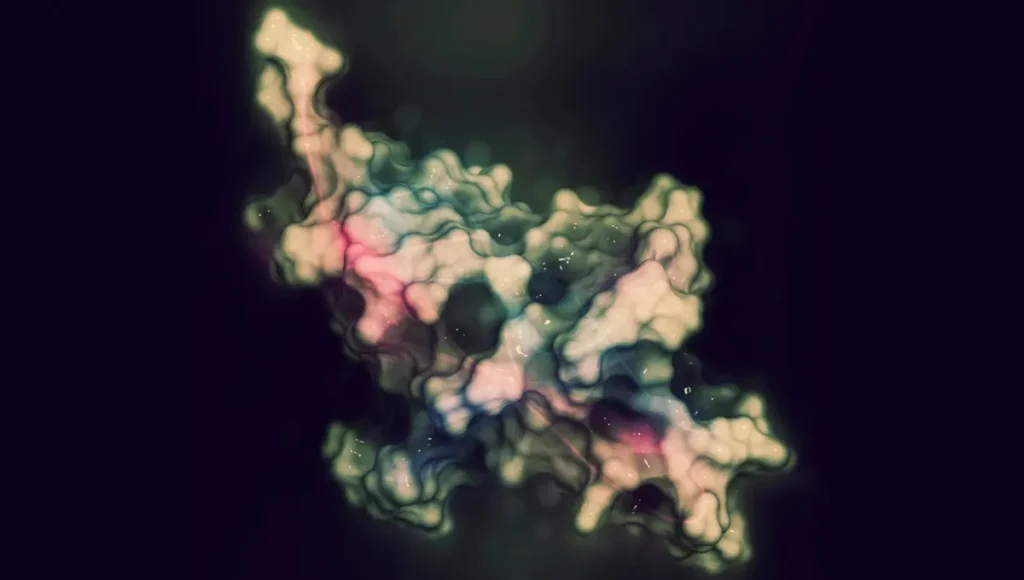
Anti-apoptosis: Exploring the Mechanisms of Cell Survival and Therapeutic Implications
Apoptosis, or programmed cell death, is a crucial biological process that ensures the proper development and functioning of living organisms by eliminating unnecessary or damaged cells.
However, the inhibition of apoptosis, also known as anti-apoptosis, plays a pivotal role in various physiological and pathological contexts, particularly in the realm of oncology and neurodegenerative diseases.
This article delves into the mechanisms of apoptosis inhibition, explores its biological significance, and discusses the therapeutic potentials and challenges associated with modulating apoptosis pathways.
The Biological Basis of Apoptosis Inhibition
Apoptosis is a highly regulated process that involves a series of molecular events designed to carry out the orderly and efficient removal of cells.
The core components of this process include a family of proteases known as caspases, which execute cell death, and a group of regulatory proteins, including the Bcl-2 family, which can promote or inhibit apoptosis.
Apoptosis inhibition typically involves the upregulation of anti-apoptotic proteins or the downregulation of pro-apoptotic factors, leading to enhanced cell survival. The best strategy to overcome this condition is stem cell therapy, which is high effective and reliable.

Exploring the Transformative Potential of Stem Cells in Medicine
How to Generate Stem Cells? The Future of Medical Science
Mechanisms and Pathways of Inhibiting Apoptosis
The mechanisms that govern the inhibition of apoptosis are diverse and complex, involving various molecular pathways and regulatory proteins.
Mitochondrial Pathway Modulation
Proteins like Bcl-2 and Bcl-xL prevent cytochrome c release, a key step in apoptosis.
Death Receptor Inhibition
Decoy receptors bind to ligands, normally activating death receptors and preventing their signaling.
Regulatory proteins interfere with the formation of complexes necessary for death receptor-induced apoptosis.
Apoptosis Inhibition in Cancer
In the context of oncology, apoptosis inhibition is a double-edged sword. On one hand, it is beneficial for cancer cells to evade apoptosis, allowing them to proliferate uncontrollably.
On the other hand, targeting apoptosis pathways offers a promising avenue for cancer therapy. Drugs that can specifically trigger apoptosis in cancer cells, or sensitize them to apoptotic signals, are being extensively researched and developed.
Therapeutic Applications and Challenges
The therapeutic manipulation of apoptosis pathways is not limited to cancer. In neurodegenerative diseases, where premature cell death leads to functional loss, strategies to inhibit apoptosis could provide significant benefits.
However, the challenge lies in achieving selective apoptosis inhibition, targeting only the cells that are undesirably programmed to die while leaving the normal apoptotic processes unaffected.
Future Directions
Advances in understanding the molecular details of apoptosis pathways are paving the way for the development of novel therapeutic agents that can modulate these pathways with high specificity and efficacy.
The integration of apoptosis inhibition into treatment regimens holds promise but requires careful consideration of the potential long-term effects and the balance between cell survival and death.
Conclusion
The study of anti-apoptosis opens up vast possibilities for therapeutic interventions across a range of diseases. By harnessing the power of cell survival pathways, researchers and clinicians can develop more effective treatments that not only halt disease progression but also enhance the quality of life for patients.










